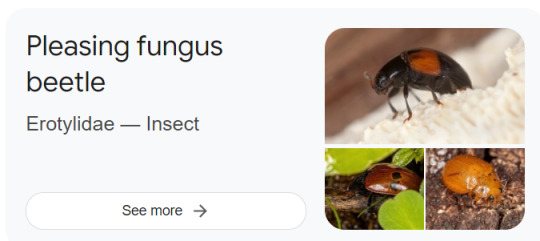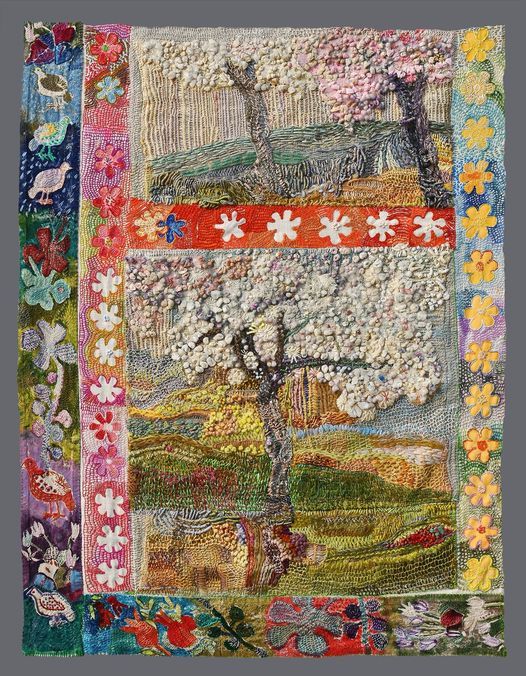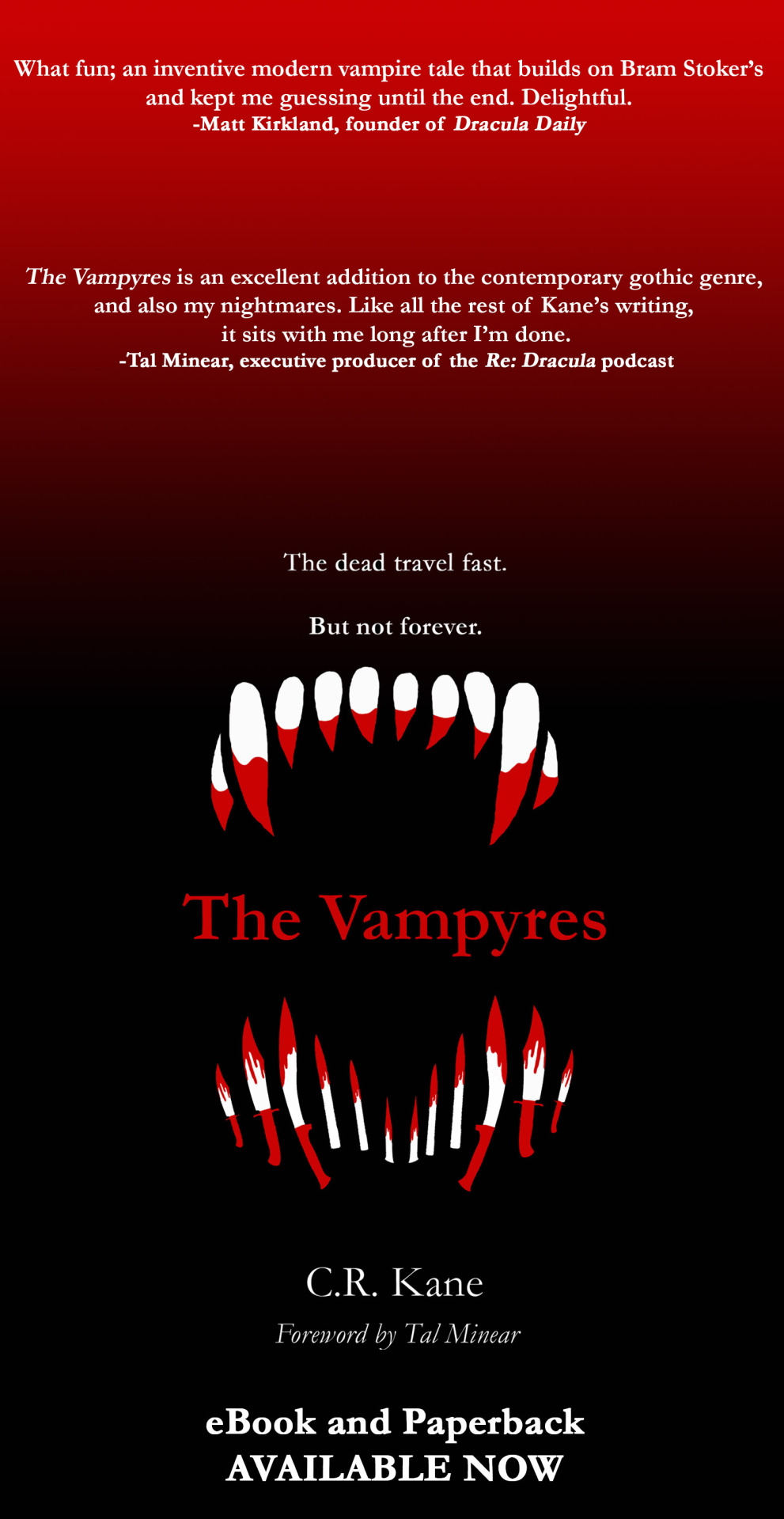Text
Today’s update of The Invisible Man is where the book truly slides into being a horror with no Hijinks to dilute it. Sealing the door off against something you can’t see only to realize you left the back door open is just. BRRRRRR. Of course they don’t know Griffin is allergic to subtlety and couldn’t hide for more than a second without sneezing or slamming a door or something, but a second’s all he needs to get to Marvel.
And the fact he’s not just fleeing or stealing or fighting back anymore, but charging headlong into a room full of strong men with guns and knives and clubs because rage surpasses logic—you can’t scare off or reason with someone like that, and he becomes more a force of nature or a wrathful ghost than a starving naked scientist trying to survive.
25 notes
·
View notes
Text



we just keep naming bugs like this
13K notes
·
View notes
Text
I firmly believe that Phoenix Wright is the only one in his circle of friends and associates who had anything even resembling a normal and happy childhood.
#ace attorney#phoenix wright#dick gumshoe#i'd agree except for what happened the winter he was 16...#not centered around his parents necessarily but something happened to him#(gunshoe that is)
64 notes
·
View notes
Text
I figured the Jolene loving site needed to see this
9K notes
·
View notes
Photo

An embroidered masterpiece by Tzip Dagan, it’s done in several stages, some related to a very sad event in Tzip’s life, others - to strength, survival and optimism.
4K notes
·
View notes
Text
Reading The Four Loves by C.S. Lewis (and loving it so far), when--
"But the nature-lovers whom I have in mind are not very much concerned with individual beautiful objects of that sort. The man who is distracts them. An enthusiastic botanist is for them a dreadful companion on a ramble. He is always stopping to draw their attention to particulars."
Is this from personal experience. Is. Is he talking about Tolkien.
217 notes
·
View notes
Text
Jeeves

132 notes
·
View notes
Text
My friend just made me feel weird for asking so now i gotta know.
If you do have a favorite bird please please tell me in the tags, i want to see some Birds!!
#polls#birds#i love many birds the same amount#and many birds more#my favorite are probably vultures
3K notes
·
View notes
Text
I don't know what the hell was going on in my subconcsious last night, but I woke up this morning absolutely convinced that the reason why Quicey Morris' masculinity is so often mentionned is because he's trans, and the members of the Drac Pack are taking every opportunity to remind him that they support him.
Looks like I'll be scouring the entire book during Dracula Daily for any suppoting evidence of this.
232 notes
·
View notes
Text
it’s monday i’m in the labyrinth
11K notes
·
View notes
Text

I wrote a book!
The Vampyres is the happy horrifying accident born of feverish scribbling in the wake of Dracula season* (*inhaling Dracula Daily and Re: Dracula at the same time May thru November). It features a number of familiar villainous faces from classic supernatural lit, though not everyone is wearing their original name anymore. The story takes place in the 21st century and you can only hold onto those sentimental titles so long in the mayfly mortal world before you start drawing attention.
Not that swapping out pseudonyms has done anything to thwart the new shadow looming over the revenant community…
Description
Something is culling the undead.
Whether they imbibe blood, leech life, or traded mortality away to their devil of choice, the revenants of the world are disappearing. The Vampyre, a possessor of many names and collector of many lives, has been fretting over the phenomenon for some time.
A laughable fear, for he is one of those canny cadaverous few who made a deal for perpetual resurrection. The bitten may crumble, but the bargainer can rise from death after death. So he reminds himself. So he worries is no longer the case.
Not when the boyar in the Carpathians was one of the first to vanish. Still, the monster from the mountains may simply be in hiding, just as the rest of the bargainers must be. The Vampyre convinces himself of this for a single night……before the monster called Quinn Morse makes itself known.
Preview
Tumblr version - PDF
Where to Buy
eBook: https://books2read.com/thevampyres
Paperback (Bookshop being a U.S. store search*): https://bookshop.org/p/books/the-vampyres-c-r-kane/21171669?ean=9798218374587
*Available internationally!
To Search by ISBN
eBook ISBN: 9798218374594
Paperback ISBN: 9798218374587
My ocular official site
Goodreads
For those who want to speak their Opinion ™ on the nefarious nonsense in the novella, take a look:
Art Pile
Announcement Post Flyer - Cover Conundrum - Preorder Announcement - Vampyre Valentine
Skull Scratch - Eye in the Sky - Food Chain of the Vampyre - A Long Night In - Red Smile - Prototype Book Cover
BONUS: Fanart Book Cover!
Ko-Fi
If you’d like to donate a buck or commission some art, I have a Ko-Fi here.
Spotify
Tunes to run for your unlife to.
468 notes
·
View notes
Text
Absurdist time loop where a guy gets stuck in a time loop for absolutely no apparent reason and tries all this crazy shit and dies a bunch of times and completely reforms his life and then suddenly gets spat out the other side on a completely average loop with no idea what he did that finally fixed it and the answer is like. There was this one (1) ant that he kept stepping on every cycle without even noticing and he doesn’t notice on the last one either he just stopped for an extra three seconds bc he dropped something or whatever. And then didn’t step on the ant. Either the ant is a wizard or a wizard enchanted it to live forever just to see what would happen. The point is the man never knows about it. As far as this guy is aware time just stopped working for six months and then just as randomly started again. He can speak Portuguese and play the viola now.
14K notes
·
View notes
Text
leitmotifs never get old to me like holy shit dude there’s this melody that corresponds to this one guy and if you hear the melody it means the guy is there. holy shit. and sometimes it refers to ideas too not just guys. has anyone heard about this
68K notes
·
View notes
Note
you are making interesting points
hey thanks, I try.
#anonymous#replies#disclaimer: my most recent post was made after i got this ask. anon does not necessarily find my points interesting yet today#hahaha#for some reason this ask made me picture myself crafting a fascinating triangle for the audience of tumblr or something#yeah i know it's an extremely common phrase don't ask why i went there. just in a silly mood i guess
1 note
·
View note
Text
I do think Walter/Laura is intended to be positive/romantic. I seem to recall several lines Walter drops in earlier/mid chapters that suggest he is thinking of his happy marriage to Laura, though he's not revealing that yet. Granted, the way he phrases things to avoid revealing that, for example, she survives, can sound a bit like his romantic love for her was in the past at times:
My pen traces the old letters as my heart goes back to the old love. I write of her as Laura Fairlie still. It is hard to think of her, it is hard to speak of her, by her husband's name.
But I think we are meant to see his feelings for her as enduring all along, and merely taking a backseat/ebbing when their circumstances are so unequal (either classwise at the start, or when she's so dependent on him later on) to his even greater love and devotion to her as a friend. That said, I do kind of love the reading of their relationship/marriage not being romantic anymore but just as strong platonic love. Either way, the relationship Walter (and Laura, for that matter) share with Marian is a very tight platonic bond and is shown to be the happiest situation for her as well as them, so we have that positive representation of friendship/happy spinstership regardless.
The point about the much more cynical overall view is fascinating and I think quite true in a way. While Woman In White has both bad actors and bad systems, Dracula shows more of, not so much bad systems, but bad values? Like, with regards to Lucy in particular, so much of the silence surrounding her is due to other people wanting to protect her by keeping the truth from her, but also we see that she too tries really hard to present a positive front. She puts on an act to keep others from worrying about her. And it's the same to an extent with Mina, during the Do A Patriarchy bit of the book - they're excluding her 'for her own good' and she tries to convince herself that she's fine with it while putting up no protest out loud. She doesn't tell Jonathan how miserable she is on being left out, so we get that bit where they both are miserable and putting what they wrongly think the other one wants/needs above their own feelings. Obviously this all fits in the big theme about Communication but it also kind of suggests that the societal values about relationships are flawed. But we don't go from there to 'and thus the systems themselves cause X' very much, because this is all in the context of a supernatural threat that wouldn't normally be a challenge here. Even when our heroes make mistakes (that they then learn from) it's the threat from outside that makes the consequences so dangerous. In normal circumstances, Arthur seeing through Lucy's front about feeling better and calling in a doctor would probably have been enough. Van Helsing's paternalistic sexism, and the other men falling in with it, probably wouldn't have led to Mina's attack. Jonathan being a dedicated employee probably wouldn't get him kidnapped. The heroes do get to make mistakes out of good intentions all over the place, but it's all because one Very Bad Actor comes in and takes advantage of the system that the terrible things happen.
Again and again, we see so many good actors in the surrounding cast. Almost every human is either a good person, or just doing their job (and often admirably dedicated to their job). The closest we get to a negative portrayal is with the Romani people Dracula hires on his way out/back into his castle, and even then for all the negative racial stereotypes, they become nonentities outside his influence. They leave. They're greedy maybe, they're following the tides, but that's the most. (And there's still room for my preferred reading of them also being victims of Dracula, and doing what they feel is necessary to serve/survive in a similar way to Jonathan earlier.) It ultimately comes back to Dracula abusing the system every time. And of course, you can go from there to talking about how the system is so easy to abuse, but the novel itself seems generally more optimistic. I love that there are so many good people who help along the way, but having them I think somewhat muddies any systemic criticism. It can be boiled down to something simpler, where Humanity (and the status quo they participate in) = good albeit sometimes misguided, Monstrosity (the ones who abuse the current state of affairs) = bad and malicious.
Jack in the asylum is kind of the biggest exception to this, but even then the book doesn't really dive in too much into the issues with the treatment outside this supernatural threat. Once again it's tied up in Renfield's link to Dracula - before that influence arrives, mostly Jack's abuses could be seen as coming from a place of him wanting to understand and thus being too indulgent/feeding his delusions (admittedly that does come back to Jack's ambition and it's still dehumanizing, he still fears Renfield being eventually violent from the getgo, etc. The asylum is the biggest exception still). Sure, he gets out the restraints and restricts freedoms for his patient; but you could say if it weren't for Dracula's presence driving Renfield into more dangerous behavior, he wouldn't have done so. Don't worry about the fact that everyone is prepared to do that from the start or how quickly they resort to it. It's kind of this weird balance of showing, and being affected by, but not fully acknowledging the flawed systems everywhere.
Woman In White has its own weird contradiction here, but it's more along the lines of showing us bad systems, showing us bad people who use them successfully, showing us that our heroes aren't able to really stop them... And then diluting all this bleakness with all the bad people getting their just desserts in unrelated ways. Everything is broken and you can't fix it, but also the people who hurt you will get their comeuppance eventually because they're Bad. That's putting it a bit more extreme than it mostly warrants... for example, Glyde's death is his own fault but also he was there trying to stop Walter. Similarly, Walter's efforts don't lead him to directly harm Fosco, instead dealing with him and letting him go, but he brought the scarred foreigner's attention to the Count in the first place, and I imagine we're thinking along the same lines with what will probably happen there. So it's not truly that the heroes' efforts can't make a difference. But they get to keep their hands clean of anything unsavory, and since the systems don't allow any honest victory to really happen, the villains have to get punished in other ways. They can't arrest them, they can't take them to court and win, etc. But also they don't have to be the ones to kill them; fate, the villain's own mistakes, their pasts come back to bite them... that's what does the job. It's still overall way more cynical I agree, but the need for the heroes to remain stainless is really different from Dracula.
I have a bunch of thoughts inspired by @animate-mush and @vickyvicarious' discussion on asylums and madness in the Woman in White and Dracula, but that discussion moved on before I had a chance to add to it, so this is going to have to be a separate post.
I'm thinking about this from the perspective of Bad People vs Bad Systems.
The Woman in White is a novel what goes wrong is the fault of bad systems. Laura lives in a system - a patriarchal society - that enables bad people to take advantage of her, and denies her the means of protecting herself.
But it seems to me that Wilkie Collins doesn't quite commit to the idea. The system fails when it's abused by bad people like Sir Percival Glyde and Count Fosco. But Collins only shows things going wrong as a result of bad people in a bad system. He doesn't show that same system leading good people to do bad things.
It's noticeable when we get the revelation about Anne Catherick's parentage. Until then, Sir Philip Fairlie is presented as a good man, and Laura's slavish adherence to his wishes could be a demonstration of how the patriarchy causes even good men to make women suffer. But the reveal that Sir Philip Fairlie is Anne Catherick's father upends that: he's just yet another morally flawed man in Laura's life. He doesn't harm Laura deliberately, but through Walter's narration Collins explicitly makes the connection between Sir Philip Fairlie's sins and everything that Laura suffers.
Contrast him with Walter, our morally pure hero. Walter often doesn't seem to treat Laura much better, but Collins clearly doesn't see it that way. For instance, it's striking to me how much Walter's treatment of Laura echoes her treatment in the asylum: she's confined to one location, lied to, and infantilised. Except when Walter does it, he's a good person, and it's presented as a good thing - even as romantic.
Wilkie Collins is more interested in talking about social issues than Bram Stoker is, but Stoker is more willing to take that further step and accept that bad systems also cause good people to do bad things. Jack Seward is a good person: he wants the best for his patients, he means well, but he also uses his power as an asylum-owner to abuse Renfield. The heroes exclude Mina from their discussions with the best of intentions, but it still ends badly for them. Collins never pursues this kind of storyline with Walter - or at least he hasn't yet, and I don't think it's coming.
Overall, harm in Dracula can happen regardless of intention. Harm in The Woman in White requires intention or at least indifference. I wonder how much of this is inherent to Collins' worldview, and how much is that the idea that patriarchal norms are bad even in the hands of good men would just have been a step too far for Collins' 1860s readership.
#dracula daily#dracula meta#woman in white weekly#wiw meta#stainless and yet marian and walter exlcude laura etc too
15 notes
·
View notes





